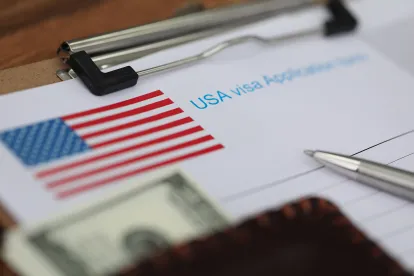Green card holders who seek naturalization are required to pass a civics test and demonstrate English proficiency. The test used for this was developed in 2008, and the Biden Administration has announced it is updating the test. The changes are going to be tested in the coming months, and USCIS plans to implement them in late-2024.
While some immigrant advocates believe that the changes can be a hurdle to immigrants, others contend the test should be standardized.
Currently:
- Applicants’ spoken English is tested during the naturalization interview by asking them questions about themselves from the information that applicants provided in their naturalization application, such as current and prior residential addresses and employment history. The new process would instead require applicants to describe photographs of daily activities, something that may not lend itself to practice as the photos could vary, although they would be standard for all applicants.
- Applicants are asked to answer short-answer civics questions orally based on a list of 100 possible questions. In the new test, applicants would have to answer a multi-choice civics test. This type of test may require more English and test-taking proficiency.
Advocacy groups are already making changes in their test preparation programs to help immigrants prepare for the new tests.
After a permanent resident passes the interview and USCIS approves their N-400 Application for Naturalization, the applicant must complete a naturalization ceremony. In an effort to promote voting and expand access to voter registration for new citizens, the Biden Administration has issued policy guidance making it easier for new citizens to register to vote at the conclusion of their naturalization ceremony. Increased voter-registration access at naturalization ceremonies is being implemented immediately as follows:
- USCIS will provide access to voter registration and information on voting at all administrative naturalization ceremonies.
- USCIS offices will request that election officials from state or local government election offices attend ceremonies to distribute, collect, and review voter registrations.
- If government election officials are not available, USCIS offices will coordinate with non-partisan, non-governmental organizations to perform the above duties.
- To the extent feasible, governmental or non-governmental organizations offering on-site voter registration services will be invited to introduce themselves and address the naturalization candidates.




 />i
/>i

